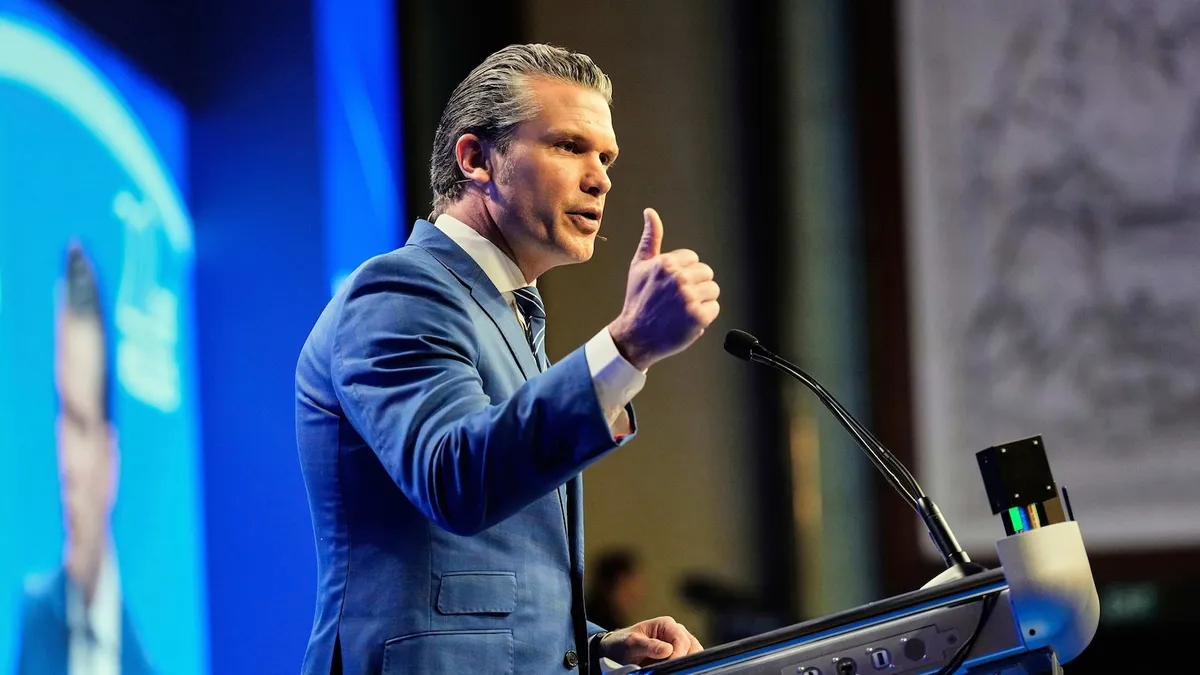
During a recent address at the Shangri-la Dialogue, a prestigious annual defense summit held in Singapore, US Secretary of Defense Pete Hegseth issued a stark warning regarding the growing threat China poses to Taiwan. Hegseth urged Asian nations to enhance their defense spending and collaborate with the United States to deter any potential conflict in the region. His remarks underscore the urgency of addressing the escalating tensions surrounding Taiwan, a self-governing island that China claims as its territory.
Hegseth emphasized that while the United States does not intend to dominate or constrain China, it will not allow itself to be pushed out of Asia or tolerate the intimidation of its allies. The speech was directed at top military officials from various Asian countries, many of whom are increasingly concerned about the prospect of instability should China decide to invade Taiwan. The threat of military action by Beijing remains a significant concern, as Chinese officials have not ruled out the use of force in reclaiming Taiwan.
In his speech, Hegseth characterized China as a nation striving to become a hegemonic power, seeking to exert control over significant areas of Asia. He pointed out that China has engaged in numerous clashes with neighboring countries over competing territorial claims in the South China Sea. Hegseth highlighted that Beijing appears to be preparing to potentially use military force to shift the balance of power in the region, citing a 2027 timeline that US officials believe President Xi Jinping has set for China's military to be ready for an invasion of Taiwan. Although this date has circulated among military analysts for years, it has never been officially confirmed by the Chinese government.
“China is building the military needed to do it, training for it every day and rehearsing for the real deal,” Hegseth stated emphatically. He underscored the dire implications of any military aggression by Communist China towards Taiwan, asserting that such an attempt would have devastating consequences not only for the Indo-Pacific region but for the entire world. “There's no reason to sugarcoat it. The threat China poses is real,” he added, expressing hope that conflict would be averted, but acknowledging that the danger could be imminent.
The Shangri-la Dialogue has historically served as a platform for the United States and China to present their interests and strategies to Asian nations, as both powers vie for influence in the region. This year, however, the dynamics shifted significantly. The United States dispatched one of its largest delegations ever to the summit, while China sent a notably lower-level delegation and canceled its planned speech for Sunday. As of now, no official explanation has been provided for this sudden change, raising questions about China's approach to international dialogue on security issues.